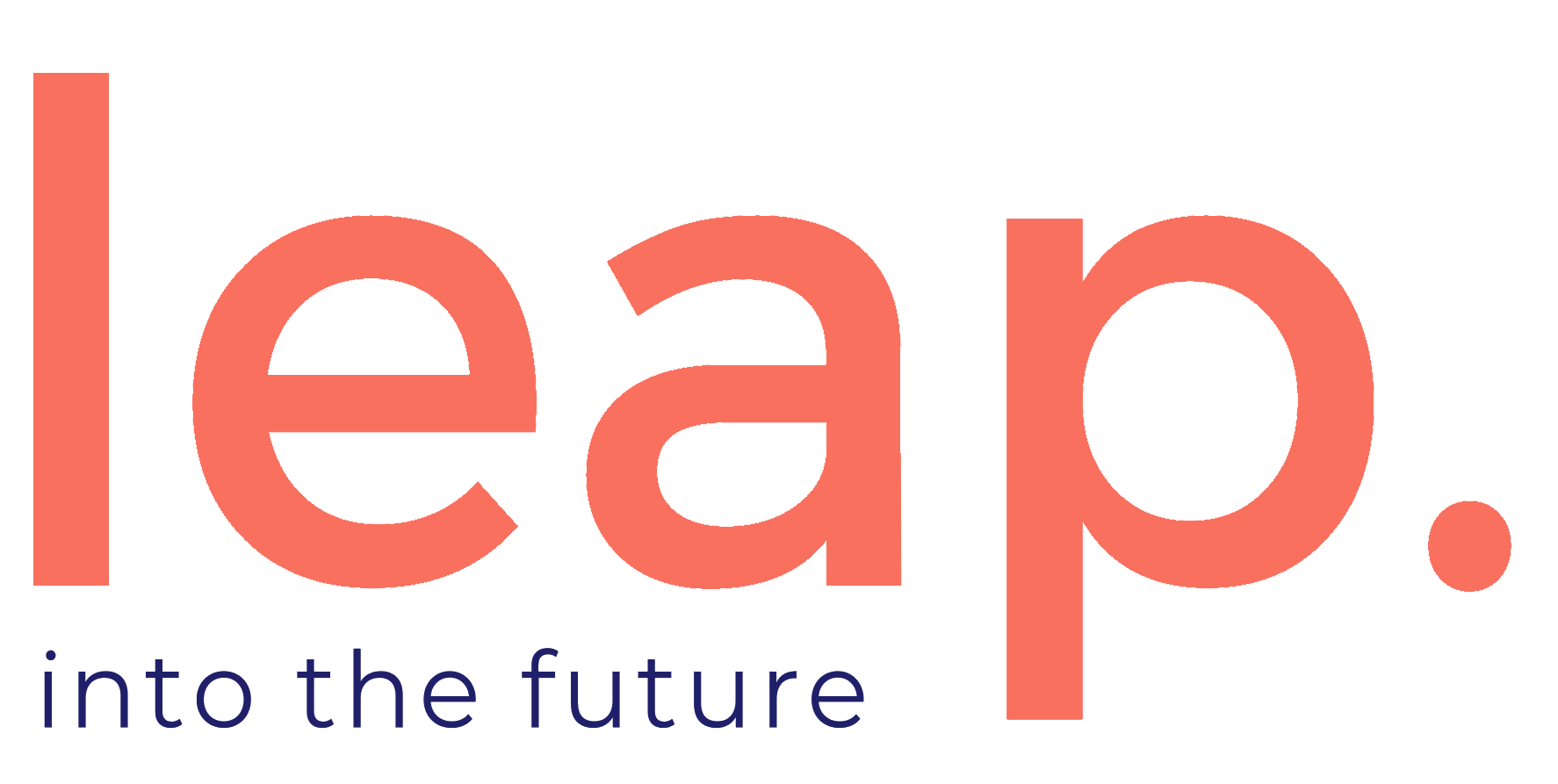Welcome to LEAPtionary, where we explain the concepts mentioned frequently in the entrepreneurship ecosystem. In the first series of LEAPtionary, we will take a look at five of the major stakeholders of the entrepreneurship ecosystem.
Venture Capital: Venture Capital is a type of private equity investment that provides financing to companies with high growth potential developing innovative technologies. These investments can take place during the establishment or growth stages of companies. Venture capital investments in companies with a few years of track record and customer base are high-risk investments. However, since the companies have high growth potential, the potential return on these investments is also quite high.
According to Startups.watch 2023 Q1 report, in the first quarter of 2023, a total of $56 million was invested in 55 investment rounds in Türkiye.
According to the Crunchbase report, in the first quarter of 2023, $76 billion in funding to startups was secured globally.
Whatsapp and Sequoia Capital case can be given as an investment journey with a high exit multiplier. In the Series A round of WhatsApp, Sequoia Capital closed the Series A round alone by investing $ 8 million over a valuation of $ 80 million. Following a similar strategy in the Series B round, Sequoia Capital exited with $3 billion from its investment of $ 60 million in total after WhatsApp was acquired by Facebook with a valuation of $ 22 billion. Sequoia Capital’s exit multiplier from this investment was 50x in just three years.
Accelerator Programs:
Accelerator programs are designed to offer intensive monitoring and support, accompanied by mentors, and limited investment opportunities in order to accelerate the growth journey of technology startups. The startups in these programs have access to a network of investors, customers, and successful startups. Accelerators are open to startups that have at least developed an MVP, a business plan, and a product-market fit.
Companies like Airbnb, Stripe, Zapier, Reddit, and Twitch featured in one of the world’s most famous accelerator programs, Y Combinator.
Incubation Centre:
Incubation centers, like accelerators, provide office space, technical infrastructure, mentoring, training programs, and networking opportunities to startups. In contrast to accelerators, incubation centers include early-stage startups and entrepreneurs that are in the business idea and product development phase.
Incubation centers such as DMZ, Capital Factory, and Le Camp offer workspaces, technology packages, mentoring opportunities, and access to investor networks.
Fun Fact: In Silicon Valley, Richard Hendricks developed Pied Piper in Erlich Bachman’s incubation center. This incubator was also the house where the whole team stayed.
Angel Investor:
Angel investors are individuals who invest their personal capital in early-stage startups. Angel investors are usually people with entrepreneurship or managerial experience. While startups receive investment from angel investors, they expect the angel investor to mentor them and support their growth journey.
Peter Thiel is one of the most successful angel investors in the world. The 55-year-old billionaire businessman is among the first investors and/or founders of companies such as Facebook, Asana, Open AI, and PayPal.
Private Equity Firm: Private equity firms are investment companies that buy companies and plan to sell them by participating in the management of the companies. Private equity firms acquire private or public companies, reshape their management strategies and staff, and aim to sell them at a higher valuation. Private equity firms invest in more mature companies rather than startups.
BlackRock, Blackstone, and KKR are among the largest private equity firms in the world. The total amount of assets under management of these three companies is worth around $9 trillion.



